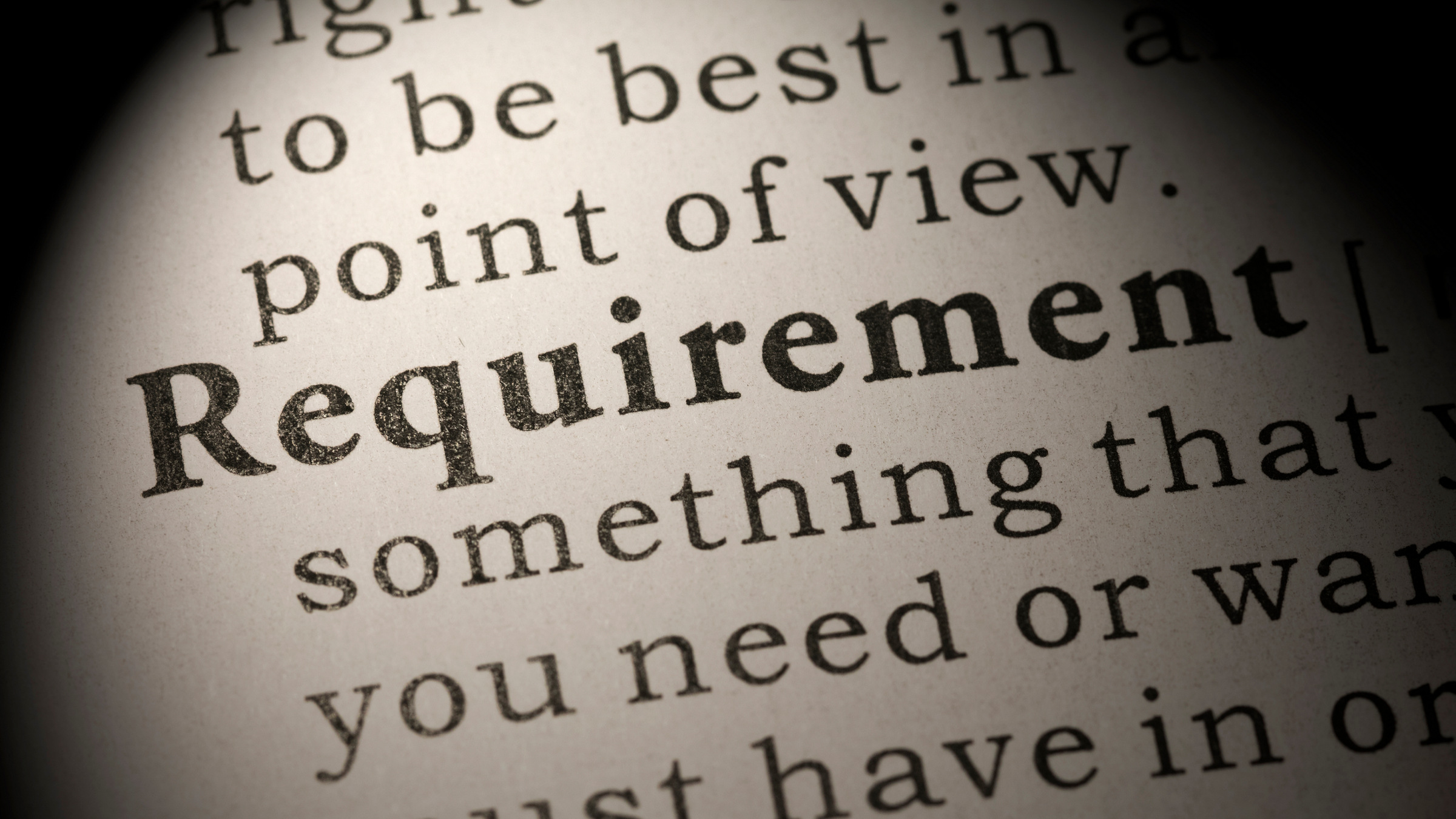We are poised on the precipice of a unique moment in history. Just as we are licking our wounds from having lost the war to protect the remaining shreds of our civil liberties, our Elected Official has signed a 21st Century revision of Manifest Destiny into law while at the same time lubricating the engines of war.
As Creedence Clearwater Revival twanged oh-so-many years ago, there’s a bad moon on the rise.
In the fight to defeat the many heinous provisions tucked into the so-called Homeland Security bill, civil libertarians got a blow to their collective gut. For all the warp and woof about how the bill imbues the federal government with ever-increasing rights and means to explode our privacy and peer into the tedium of our mundane lives on a transaction-by-transaction basis, there was precious little protest.
It’s been more than a year since terrorists sucker-punched us as a nation. Yet we still can’t find the backbone to stand up and call out the rules and regulations the government has steamrolled in the name of "homeland security."
Without some more effective protest strategies we might as well all resign ourselves to a bleak future of government intrusion on nearly every level of our daily lives.
By the time you read this column, we may very well have troops on the ground in Iraq and that war’s first casualties being buried at Arlington. And you can pretty much bet your SUV there will be protests then.
Or not.
The tenor of the new breed of protesters that springs from opposition to the Iraqi war could be a blueprint for effective civil liberties protest going forward into this new century.
This isn’t your father’s war. We have new tools, a new medium, and a global stage. Images count. Methodology counts. And in the never-ending news cycle of CNN, MSNBC, and Cyberville there is precious little room to recover from a screwup.
I’m already cringing at the thought of an onslaught of global "hacktivism" taking place in which anonymous computer vandals masquerading as social activists mindlessly download prefab computer exploit scripts and proceed to clumsily deface the home pages of sites like Vermont Teddy Bears, complete with badly spelled antiwar credos. Or these same miscreants launching denial-of-service attacks against heavily trafficked Web sites, which have all the effectiveness of protestors lying down in the streets of major thoroughfares during rush hour. And garnering just as much sympathy for the cause.
New protests must arise from learning to communicate strategically, says Susan Bales, president of the FrameWorks Institute, a Washington, D.C.-based nonprofit group that researches how well various groups use communications to push for social reform.
Such effective strategic social policy communication means "recognizing that you come into an environment where people already have ways of understanding an issue, whether as a result of the way media framed it, from personal communication, or from cultural models that developed over time," Bales said in a recent Harvard Family Research Project (HFRP) interview. "You don’t just walk out the door one day and say, ‘I have an issue that I want people to consider.’ It’s important to understand that the way people already perceive an issue is part of what you may be up against."
Perhaps John Gilmore is simply a latter-day Don Quixote. But his crusade should give us all pause, particularly in these times when so many of our friends and neighbors are willing to give the government a blank check anytime it deems that compromising our privacy rights is an adequate compromise in our War on the Bad Guys.
This new era of protest must be at the ground level. It will take people willing to stand and be counted and, in this day and age, persecuted and harassed.
It will take efforts like that of John Gilmore, long-time privacy rights activist and one of the original founders of the Electronic Frontier Foundation. Gilmore has sailed right into the teeth of the Bush administration’s crackdown on privacy rights by taking on Attorney General John Ashcroft and other assorted administration officials, suing them over their refusal to publish the rules surrounding ID checks for airline travel.
This past July Gilmore put his money and his feet where his mouth has been for years: he booked a flight and when asked to show ID, he refused. After several hours of haggling and harassment he was ultimately refused boarding of his booked flight. In return, he sued not only the government but Southwest and United airlines as well.
And in the course of Gilmore’s own odyssey he has ever so slightly cracked the vault of secrecy that has for years surrounded the airlines’ insistence that no one is allowed to travel anonymously.
Gilmore isn’t off writing screeds about jackbooted thugs (something I’ve been guilty of over the years). Nor has he assailed the administration on talk shows with overblown rhetoric. Instead he has sought the tougher road—the courts, where the blows are measured in stacks of paper and where the facts are as good as etched in stone when all is said and done.
Perhaps Gilmore is simply a latter-day Don Quixote. But his crusade should give us all pause, particularly in these times when so many of our friends and neighbors are willing to give the government a blank check anytime it deems that compromising our privacy rights is an adequate compromise in our War on the Bad Guys. We simply can’t give up.
Gerald Gross, a 72-year-old resident of Palm Beach County in Florida, knows what it means to not give up even in the face of defeat. You see, Gross was among hundreds of senior citizens bedeviled by a confusing ballot in the 2000 U.S. Presidential election.
Gross is still bitter at the process by which the Supreme Court ended up handing the election to President Bush, but he vows to keep coming back to the voting booth as long as there is breath in his lungs. "There are people who say they won’t vote anymore, but I don’t feel that way," Gross told the New York Times. "That’s giving up. There is something to be won from it, even if it is only to punch harder next time."
And that’s exactly what a generation of new protesters will have to do: Punch not only harder, but smarter. And then punch again and again and again.



Join the Discussion (0)
Become a Member or Sign In to Post a Comment